Looking at Berkshire Hathaway’s Class A share price today, it’s amazing to see. The company’s market value has hit 1 trillion USD1. The current price of BRK.A shares is 694,601.5 USD1. This shows the company’s success and the trust investors have in it.
We will dive into the Berkshire Hathaway stock forecast and Class A share price. We’ll share insights on what the future holds for the company.
Table of Contents
Wall Street analysts predict a 1-year price target of 777,587.14 USD1. This suggests a possible gain for investors. We’ll examine what could affect Berkshire Hathaway’s Class A share price. This includes the company’s revenue growth and operating income.
Key Takeaways
- Berkshire Hathaway’s market capitalization has reached 1 trillion USD1.
- The current BRK.A share price is 694,601.5 USD1.
- The average 1-year price target from Wall Street analysts is 777,587.14 USD1.
- The company’s revenue growth and operating income will be key to its future success.
- Berkshire Hathaway stock forecast and Class A share price will be discussed in detail.
Understanding Berkshire Hathaway’s Class A Shares
Berkshire Hathaway’s Class A shares are very valuable, with each share priced at about $678,0002. This is much higher than the average net worth in the U.S., which is around $193,0002. Warren Buffett, as an investment analyst, has greatly influenced the company’s strategy. This has led to the high prices of Class A shares.
Class A and Class B shares differ in their conversion rates. Each Class A share can be exchanged for 1,500 Class B shares2. Class B shares are priced at about $450 each2. This big price gap is a major part of analyzing Berkshire Hathaway’s shares.
Some important facts about Berkshire Hathaway’s shares are:
- Market capitalization: $998.73 billion3
- Annual revenue: $369.89 billion3
- Earnings per share (previous year): $74,183.443
Warren Buffett’s investment strategy has been key to the company’s success. He focuses on long-term value investing. As we explore Berkshire Hathaway’s Class A shares, it’s clear that understanding the company’s structure and performance is vital.
The Warren Buffett Effect on Share Valuation
We look at how Warren Buffett affects the value of Berkshire Hathaway’s Class A shares. His investment strategy and market insights play a big role4. As a top investor, Warren Buffett’s skill in reading market trends has greatly helped the company succeed. His focus on long-term value has made Berkshire Hathaway’s Class A shares more valuable5.
Warren Buffett’s strategy has led to a big jump in Berkshire Hathaway’s share value over time5. For example, Class A shares were worth $275 in 1980. By July 11, 2024, they hit $630,0005. This rise is thanks to Warren Buffett’s knack for spotting undervalued companies and making smart investments. These moves have boosted the company’s success and share value.
Several factors contribute to the Warren Buffett effect on share valuation:
- His investment strategy, which aims for long-term value4
- His skill in navigating market trends and making strategic investments5
- The company’s strong financial health, with a market cap over $900 billion5
Understanding the Warren Buffett effect is key to seeing how he impacts share valuation4. By grasping the importance of his investment approach, investors can learn from it. This knowledge helps them make better investment choices.
Current Market Position and Performance Metrics
We will look at Berkshire Hathaway’s current market status and key performance metrics. The company’s share price is US$694,601.506, with a market cap of US$998.73 billion6. This shows a strong presence in the market, affecting stock market analysis.
The company’s earnings and revenue are also important. Berkshire Hathaway has made US$106.88 billion in earnings6 and US$369.89 billion in revenue6 in the last year. These numbers show a solid financial base, vital for stock market analysis.
Looking at recent trading, the share price has changed by 19.29% in a year6. The 52-week high was US$741,971.396, and the low was US$572,375.016. This volatility is important for stock market analysis, affecting investor choices.
From the second source, Berkshire Hathaway’s Class A share price is 694,601.5 USD7, with a market cap of 1 trillion USD7. Analysts predict an average 1-year price target of 777,587.14 USD7, showing growth possibilities.
The company’s financial indicators, like its P/E ratio of 9.3x6 and P/S ratio of 2.7x6, offer insights. The debt-to-equity ratio of 19.7%6 and gross margin of 37.00%6 show a stable financial position.
In summary, Berkshire Hathaway’s current market position and performance metrics show a strong company. Its financial indicators, recent trading patterns, and market capitalization all contribute to its success. This makes it a key player in the stock market, important for investors to consider.
Berkshire Hathaway (Class A) Share Price Future Prospects
The future looks bright for Berkshire Hathaway’s stock, with a chance for growth in its share price8. The current price of BRK.A is $694,601.50 USD. Over the last 24 hours, the price has gone up by +0.75%9. The company’s value in the market is $998.73 B USD, with a price to earnings ratio of 9.289.
Several factors will shape Berkshire Hathaway’s Class A share price in the future. These include the company’s financial health and market trends. Berkshire Hathaway’s revenue is $364.48 B USD, with a net income of $96.22 B USD9. Analysts predict the highest price for BRK.A to be $803,598.20 USD, and the lowest at $742,128.94 USD8.
Here is a summary of the key statistics:
| Statistic | Value |
|---|---|
| Market Capitalization | $998.73 B USD9 |
| Price to Earnings Ratio (TTM) | 9.289 |
| Analysts’ Maximum Price Estimate | $803,598.20 USD8 |
The S&P 500 Index saw a 24% gain in 2024. The broader market has risen by about 53% in the last two years10. Berkshire Hathaway is a major oil producer in Texas, thanks to its energy assets. The company also has over $300 billion in cash10. With its solid finances and diverse portfolio, Berkshire Hathaway’s stock is expected to do well in the future.
Impact of Subsidiary Companies on Share Value
The success of subsidiary companies greatly affects Berkshire Hathaway’s share value. As11 shows, different areas like insurance, railroads, energy, and retailing all add to the company’s health. For example, insurance brings in 30% of the revenue and 41% of earnings before taxes11.
When subsidiary companies do well, it can boost the share value. This is because Berkshire Hathaway shows it can handle many tasks well. This variety helps keep the share value stable and might even grow it over time. Berkshire Hathaway’s market value and total revenue have grown a lot, thanks to its subsidiary companies1213.
It’s important for investors to understand how subsidiary companies affect share value. The data from11 shows how key the insurance and other sectors are. By looking at how these subsidiary companies perform, investors can make better choices. They can see how these might help the share value grow.
Global Economic Factors Affecting Share Performance
The global economy greatly affects Berkshire Hathaway’s Class A shares. As a big company, it feels changes in interest rates and market cycles14. Its insurance business, making up over 33% of earnings, is very sensitive to interest rates15.
Interest rate changes can really affect Berkshire Hathaway’s earnings from insurance. When rates go up, the company makes more money16. Its wide range of businesses, like insurance and tech, helps keep things stable16. Experts think Berkshire Hathaway stock is a good buy, adding to its appeal16.
Some important things that affect the global economy and shares include:
Berkshire Hathaway’s strong finances help it stay strong even when the world economy is shaky16. Watching these factors is key to understanding how they impact Berkshire Hathaway’s shares15.
Succession Planning and Long-term Value
Looking ahead, succession planning is key for Berkshire Hathaway’s long-term value. With Warren Buffett stepping down, the company needs a smooth leadership handover17. Greg Abel and Ajit Jain, now Vice-Chairmen, are being groomed for this role17.
Planning for the future is vital to keep Berkshire Hathaway strong. It will help the company stay competitive and make smart choices18. In 2023, Berkshire Hathaway’s earnings soared by 21% to $37.35 billion18. Its insurance business also bounced back, earning $5.4 billion that year18.
Berkshire Hathaway must weigh several factors for a smooth transition. These include its massive cash reserves, over $163.3 billion, and its investment income, $9.6 billion in 202318. The company’s long-term value hinges on its ability to overcome these hurdles and keep shareholders happy through good succession planning19.

Investment Considerations for Indian Investors
As Indian investors look into their options, they should know the pros and cons of Berkshire Hathaway’s Class A shares. Berkshire Hathaway, with a market value over $885 billion, is a big name globally20. They should think about Berkshire’s wide range of businesses, like insurance and energy, and its track record of smart investments20.
Indian investors should check Berkshire’s financial health, like its revenue growth and dividend yield. Berkshire has nearly $200 billion in cash, ready for new investments or deals20. Also, India’s fast-growing economy, with a 8.4% GDP growth in the last quarter of 2023, is a great chance for investments21.
Here are some key points for Indian investors to consider:
- Warren Buffett’s net worth is over $139 billion, making him one of the richest people in the world21
- Berkshire Hathaway’s cash reserves are near $200 billion, providing a significant war chest for future investments20
- India’s GDP growth rate is 8.4%, making it an attractive destination for investments21
In conclusion, Indian investors should weigh the good and bad of investing in Berkshire Hathaway’s Class A shares. They should look at the company’s financials, its varied businesses, and its big cash reserves. With careful thought, Indian investors can make smart choices and possibly earn big22.
| Company | Market Cap | P/E Ratio | EPS |
|---|---|---|---|
| Aptus Value Housing Finance India Ltd | ₹145,469,343,659 | 21.5 | 13.49 |
| Central Depository Services (India) Ltd | ₹321,574,489,950 | 60.19 | 25.49 |
Conclusion
Our look at Berkshire Hathaway’s (Class A) shares shows they’re a great choice for long-term investors23. With a huge market value over $715 billion and Class A shares above $500,000, it’s a financial giant24. Warren Buffett and his team have made over 3,641,613% in returns, showing their skill in creating value23.
The high share price might scare some, but Berkshire Hathaway’s diverse portfolio and smart management make it appealing24. It has strong financial numbers, like a 14.82 price-to-earnings ratio and an 18.33% profit margin24.
As Berkshire Hathaway moves forward without Buffett, its succession plan and management team give investors hope23. Investors in India and globally should think about adding Berkshire Hathaway (Class A) shares to their portfolios. This iconic company is shaping the financial future.
FAQ
What is the historical background and share structure of Berkshire Hathaway’s Class A shares?
Berkshire Hathaway has a special share setup, with Class A and Class B shares. Class A shares are more expensive because they’re less common. This is thanks to Warren Buffett’s smart investment moves.
How does Warren Buffett’s investment strategy and market insights influence the valuation of Berkshire Hathaway’s Class A shares?
Warren Buffett’s smart investment ideas have made Berkshire Hathaway a success. This success has led to higher prices for Class A shares.
What are the current market position and performance metrics of Berkshire Hathaway’s Class A shares?
We’ll look at Berkshire Hathaway’s financial health, market size, and recent trading. This will help us understand its current market standing and how it’s doing.
What are the future prospects of Berkshire Hathaway’s Class A share price?
We’ll check out technical analysis and market mood to guess future prices of Class A shares. We’ll also look at what could affect their performance.
How do Berkshire Hathaway’s subsidiary companies impact the value of its Class A shares?
The success of Berkshire Hathaway’s subsidiaries is key to the value of Class A shares. Their performance greatly influences the company’s worth.
What global economic factors affect the performance of Berkshire Hathaway’s Class A shares?
We’ll talk about how interest rates, market cycles, and global markets affect Class A shares. These factors play a big role in their performance.
How does Berkshire Hathaway’s succession planning and long-term value impact the future of its Class A shares?
The company’s plans for after Warren Buffett and its leadership transition are very important. They will shape the long-term value of Class A shares.
What investment considerations should Indian investors keep in mind when investing in Berkshire Hathaway’s Class A shares?
We’ll look at the good and bad sides for Indian investors in Berkshire Hathaway’s Class A shares. We’ll base this on the company’s past and future outlook.






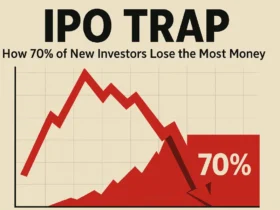
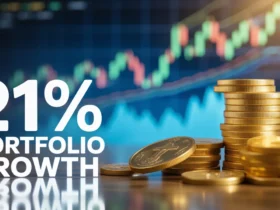





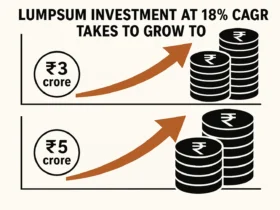
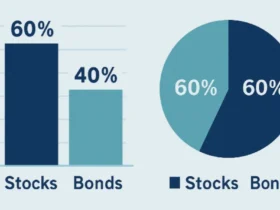





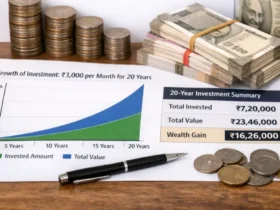
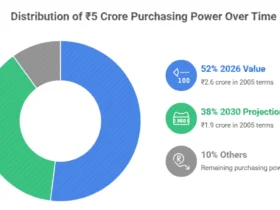


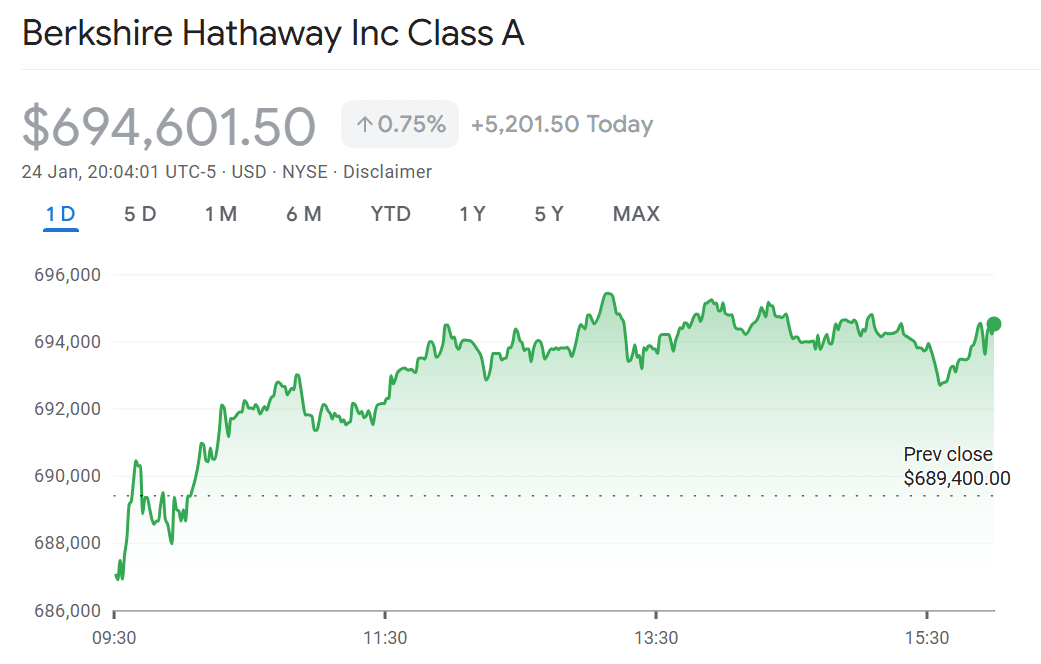

Hello everyone!
I came across a 143 very cool website that I think you should browse.
This resource is packed with a lot of useful information that you might find helpful.
It has everything you could possibly need, so be sure to give it a visit!
[url=https://filmdhamaka.in/fifa-uefa-russia/]https://filmdhamaka.in/fifa-uefa-russia/[/url]
Furthermore remember not to neglect, guys, — a person at all times can in the publication find solutions to the most the very tangled inquiries. Our team made an effort — lay out all data in the most most accessible way.